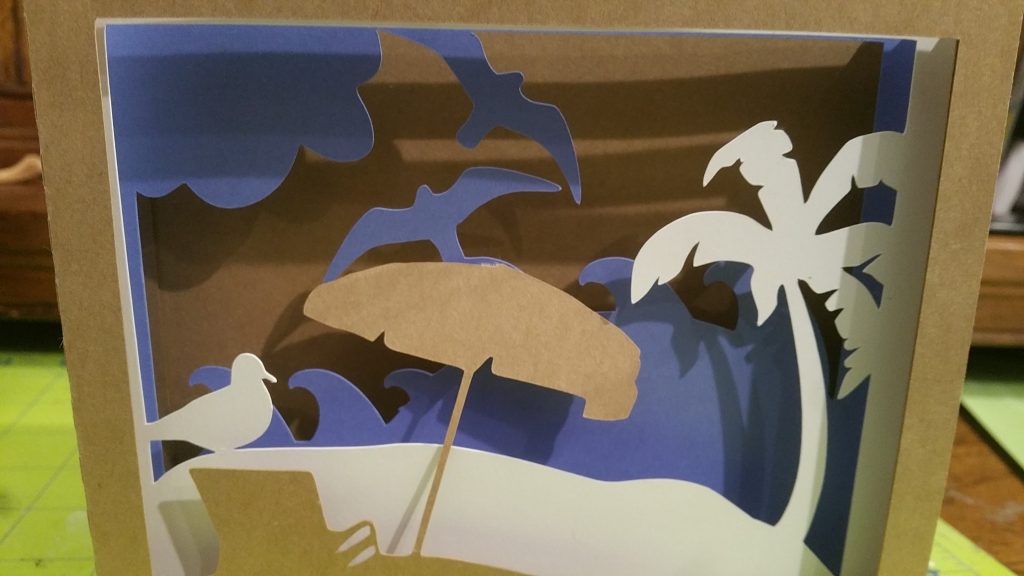BAHÁ’U’LLÁH WAS AT ALL TIMES AND UNDER ALL CONDITIONS VICTORIOUS, ACHIEVING GODS HOLY PURPOSE Grade 4 Set 3 Lesson 11 Ruhi Book 3
Introducing The Principal Theme It is hoped that, in this lesson, you will get a further glimpse of Bahá’u’lláh’s grandeur […]

